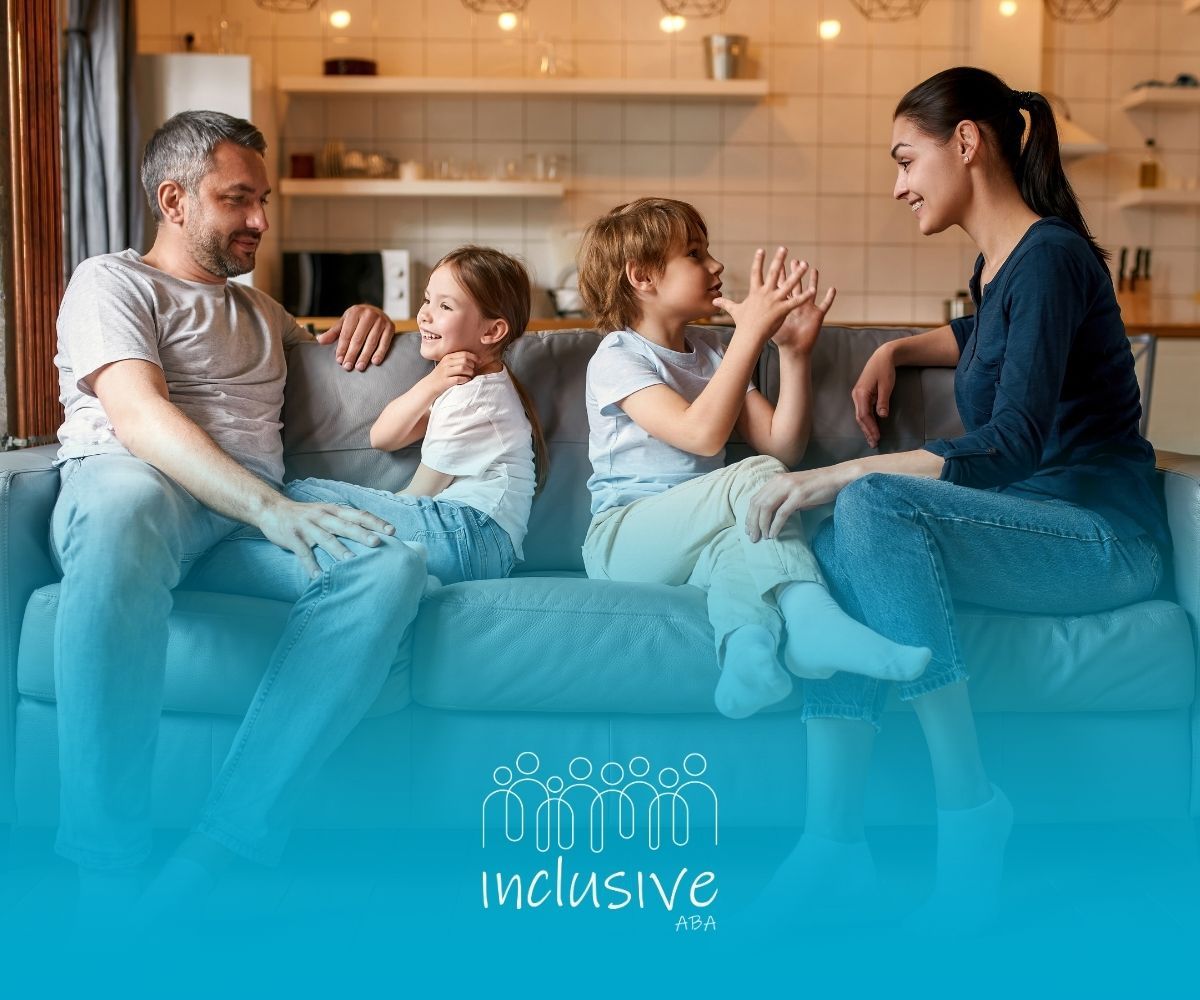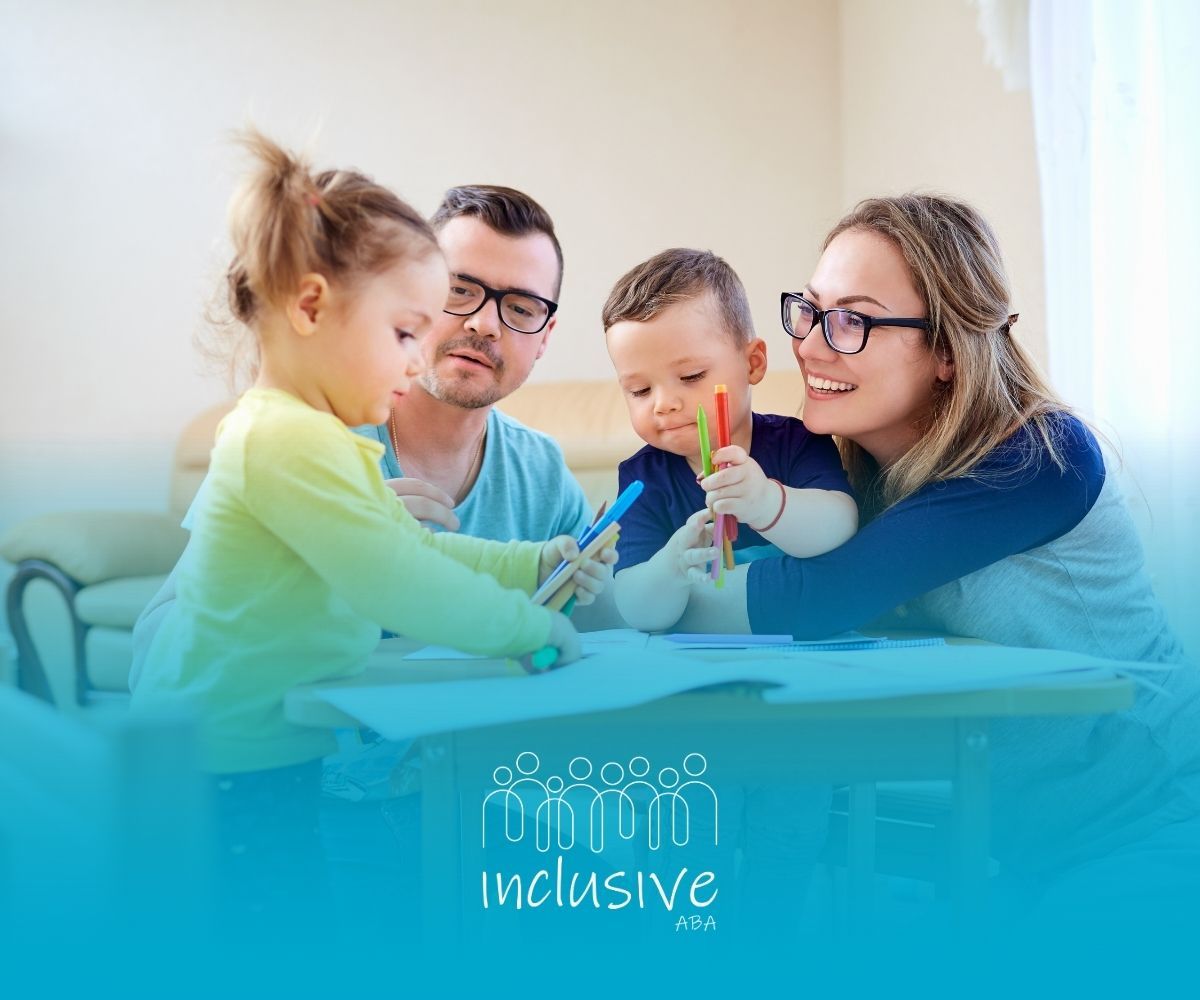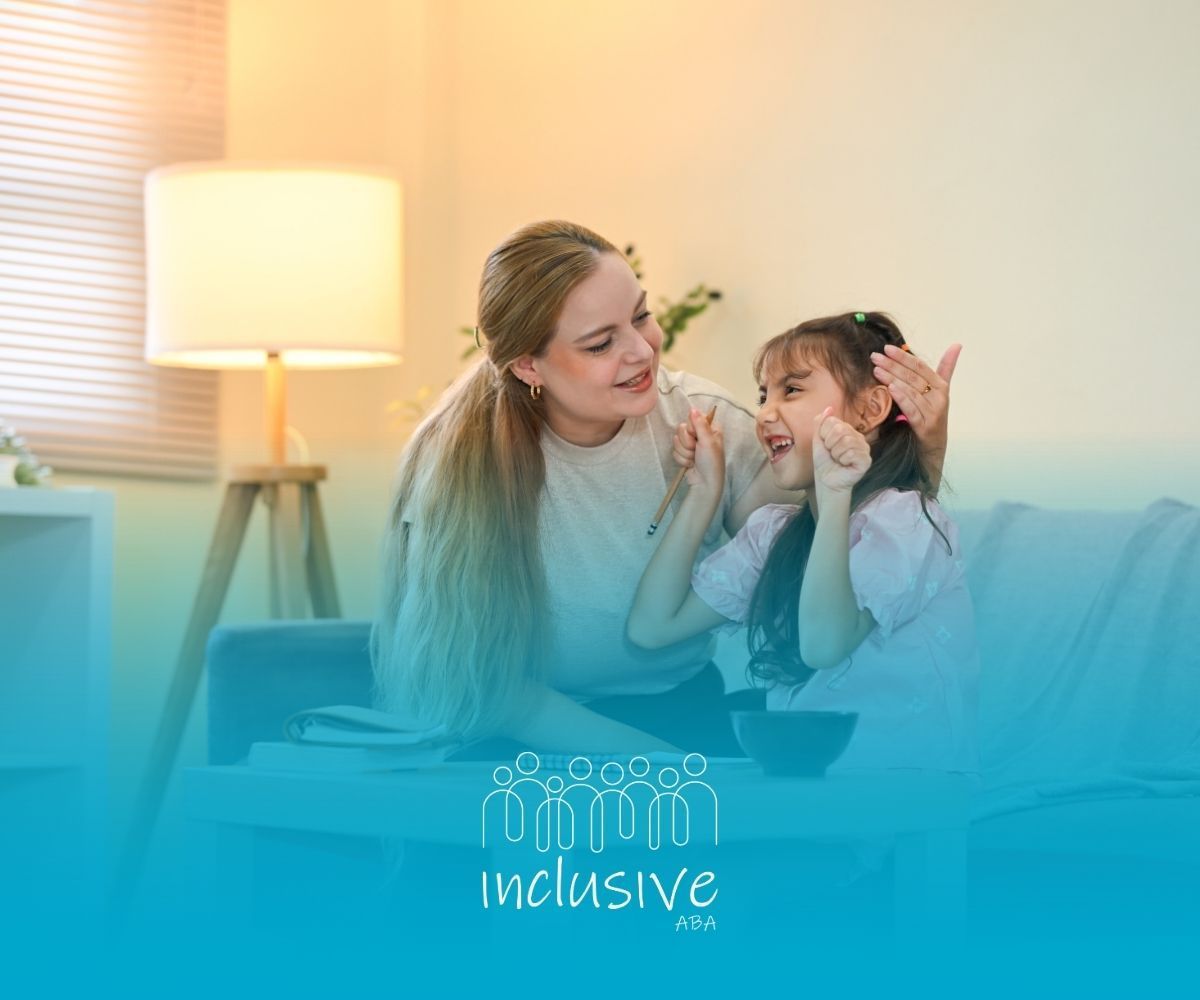How Does Overstimulation Affect Autistic People?
What Does Overstimulation Feel Like in Autism?
Understanding Overstimulation in Autism
Overstimulation happens when the brain receives more sensory input than it can process. For autistic individuals, this can occur in environments filled with bright lights, loud noises, or constant movement. Their heightened sensitivity to sensory details makes these situations overwhelming, leading to discomfort and stress.
Physical and Emotional Experiences
Overstimulation in autism often feels like sensory overload. Some describe it as being trapped in a noisy, crowded room where every sound, light, and touch is amplified. This may cause headaches, dizziness, or difficulty focusing. Emotionally, overstimulation can trigger feelings of anxiety, irritability, or panic, sometimes leading to meltdowns or shutdowns as a way to cope.
Impact on Daily Life
When overstimulation occurs, tasks like shopping, attending school, or even family gatherings may feel exhausting. Avoidance, withdrawal, or repetitive behaviors may appear as coping strategies. Recognizing these signs is key for creating supportive environments.
Conclusion
Overstimulation in autism is more than just feeling “too busy” or “too noisy”—it’s a genuine sensory overload that can affect both emotional regulation and daily functioning. By recognizing the signs and understanding how it feels, parents, caregivers, and educators can create calmer environments and provide the right support. Awareness is the first step toward helping autistic individuals navigate sensory challenges with greater ease and confidence.
Why Choose Inclusive ABA?
At Inclusive ABA, we know that every child experiences the world differently, especially when it comes to sensory input. Serving families across Nevada, Nebraska, Colorado, Utah, Iowa, and Ohio, our team specializes in creating personalized therapy plans that address challenges like overstimulation while building practical coping strategies. With a compassionate, evidence-based approach, Inclusive ABA helps children thrive in their environments—not just adapt to them. When you’re ready to find expert care that truly understands your child’s needs, Inclusive ABA is here to guide the way.
Frequently Asked Questions
What triggers overstimulation in autism?
Common triggers include loud noises, crowded spaces, bright lights, or too much sensory input at once.
How do autistic people cope with overstimulation?
Coping strategies may include stimming, wearing noise-canceling headphones, or seeking a quiet space.
Is overstimulation the same for everyone with autism?
No. Each person’s sensory sensitivities and responses vary widely.
Sources:
- https://autismspectrumnews.org/four-faces-of-overstimulation/
- https://www.autismspeaks.org/what-autism
- https://www.apa.org/topics/anxiety
- https://reframingautism.org.au/all-about-autistic-meltdowns-a-guide-for-allies/
- https://reframingautism.org.au/all-about-autistic-shutdown-guide-for-allies/
Looking for Expert Help? We're Here for You!
Our compassionate and skilled team is devoted to enhancing your child's development through customized ABA therapy. Let us partner with you to create a supportive environment for your child's success.
Discover how we can help your family thrive with expert ABA therapy.
Related Posts







